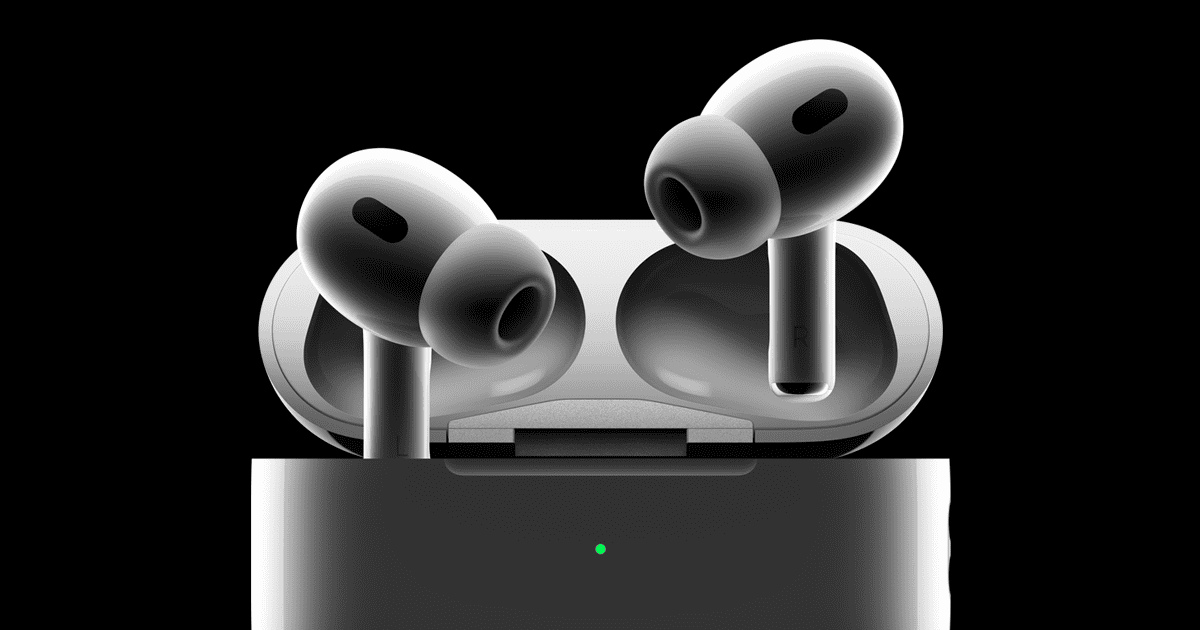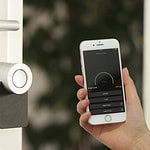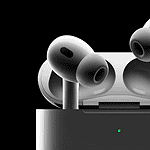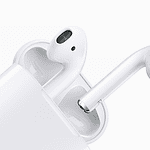The next generation of AirPods Pro may incorporate advanced health sensors, allowing users to monitor health metrics like heart rate and body temperature. This potential development would transform AirPods into a discreet personal health tracker, reflecting Apple’s commitment to enhancing user wellness. While the launch timeline for AirPods Pro 3 remains uncertain, the focus on health monitoring could significantly reshape the relationship between lifestyle and technology as consumers prioritize wellness.
AirPods Pro 3 Rumors: Health Features on the Horizon
Health Tracking in Your Ears?
Apple may introduce new health tracking features in its next AirPods Pro. There are rumors about the inclusion of heart rate and body temperature sensors. These sensors could transform the earbuds into a health monitoring device, which is exciting news for fitness enthusiasts. Imagine being able to check your heart rate during a workout, all from your AirPods. It’s a fantastic concept!
What We Know So Far
Currently, these are only rumors, and there has been no official announcement from Apple. However, reliable sources, such as Bloomberg’s Mark Gurman, have discussed these potential features. He has a strong track record for providing accurate Apple news, so there may be some truth to it. It makes sense for Apple to incorporate health features, especially since they have already done so with the Apple Watch. Why not do the same with AirPods?
Potential Benefits
If these rumors are true, the new AirPods Pro could offer some neat benefits:
- Easy Heart Rate Monitoring: Check your heart rate while you exercise. No need for a chest strap or watch.
- Body Temperature Tracking: Keep an eye on your temperature. This could help you catch a fever early.
- Improved Fitness Tracking: Get a better picture of your overall health.
Comparison to Current AirPods
The current AirPods Pro focus on great sound and noise cancellation. The new model could add health tracking to the mix. This would make them much more useful.
| Feature | Current AirPods Pro | Rumored AirPods Pro 3 |
|---|---|---|
| Sound Quality | Excellent | Excellent |
| Noise Cancellation | Yes | Yes |
| Heart Rate Monitoring | No | Possible |
| Temperature Sensing | No | Possible |
When Will We See Them?
The new Airpods Pro 3 are expected to launch in September 2025 alongside the new iPhone 17 series.
Short Summary:
- Apple is integrating heart rate monitoring and temperature sensing into the upcoming AirPods Pro 3.
- Internal testing indicates that while AirPods measurements lag behind the Apple Watch, they are improving.
- Future iterations may even include camera integration for AI features, though this is still in the early stages of development.
Apple is gearing up to launch the next generation of its popular wireless earbuds, the AirPods Pro 3, which could transform the landscape of personal health tracking. This revelation comes from Mark Gurman, a well-known journalist at Bloomberg, who shared insights in his current installment of the “Power On” newsletter. According to Gurman, Apple is diligently working on incorporating heart rate monitoring and temperature sensing capabilities into the new earbuds.
The ability to track heart rate directly from AirPods could offer a significant advantage to users who prefer not to wear an Apple Watch, thereby expanding the accessibility of health monitoring technologies. Gurman noted that while the heart rate data obtained from AirPods has not yet reached the accuracy levels of the Apple Watch, it is “not terribly far off”. He stated,
“Internal tests have shown that heart rate data is more accurate on the Apple Watch compared to AirPods, but the AirPods are closing the gap.”
With the heart rate technology expected to be ready for implementation in the upcoming Pro 3 model, Apple is setting itself up to capture a broader market within the health and fitness sector, which is traditionally dominated by devices such as smartwatches and specialized fitness trackers.
Moreover, the forthcoming Powerbeats Pro 2, which is also under development and set to launch in 2025, will feature similar heart rate monitoring capabilities tailored for workout environments. Following evidence found in the code for iOS 18, users will reportedly be able to connect the Powerbeats Pro 2 to gym machines like treadmills, offering direct access to heart rate data through the Health app on their iPhones. This integration exemplifies Apple’s intent to develop a cohesive health tracking ecosystem across its array of wearable technologies.
While the inclusion of heart rate monitoring is a pivotal development, Gurman also suggested that future AirPods may feature small cameras to support AI functionality. He emphasized that this camera integration has become a priority for Apple, though it is likely still a few years away from realization.
“The initiative to introduce cameras into AirPods is a priority for Apple,” Gurman mentioned, “but technology to support this vision isn’t expected until years down the line.”
Exploring the health advantages of positioning a tracker in the ear, experts highlight several compelling reasons for this innovation. The ear canal allows for more accurate readings since blood flow is less obstructed than in extremities like fingers during cold weather. The darker environment of the ear also minimizes ambient light interference, making it an ideal location for sensors to monitor vital signs.
In addition to potential heart rate monitoring advancements, Apple has already ventured into the healthcare sector by incorporating hearing aid features in previous AirPods models. With their push into health tracking, the company aims to rival traditional fitness tracking devices while maintaining its stronghold in the audio market.
The business implications are significant as analysts project that Apple’s ventures into health technology could be worth over $313 billion by 2027. According to research firm Morgan Stanley, expanding their health-related offerings could bolster Apple’s already profitable wearables division, which generated an impressive $9.04 billion in the last fiscal quarter alone. Despite the declining market share in true wireless stereo from 48.1% in 2019 to 17% in recent reports, Apple continues to garner interest in its innovative products.







